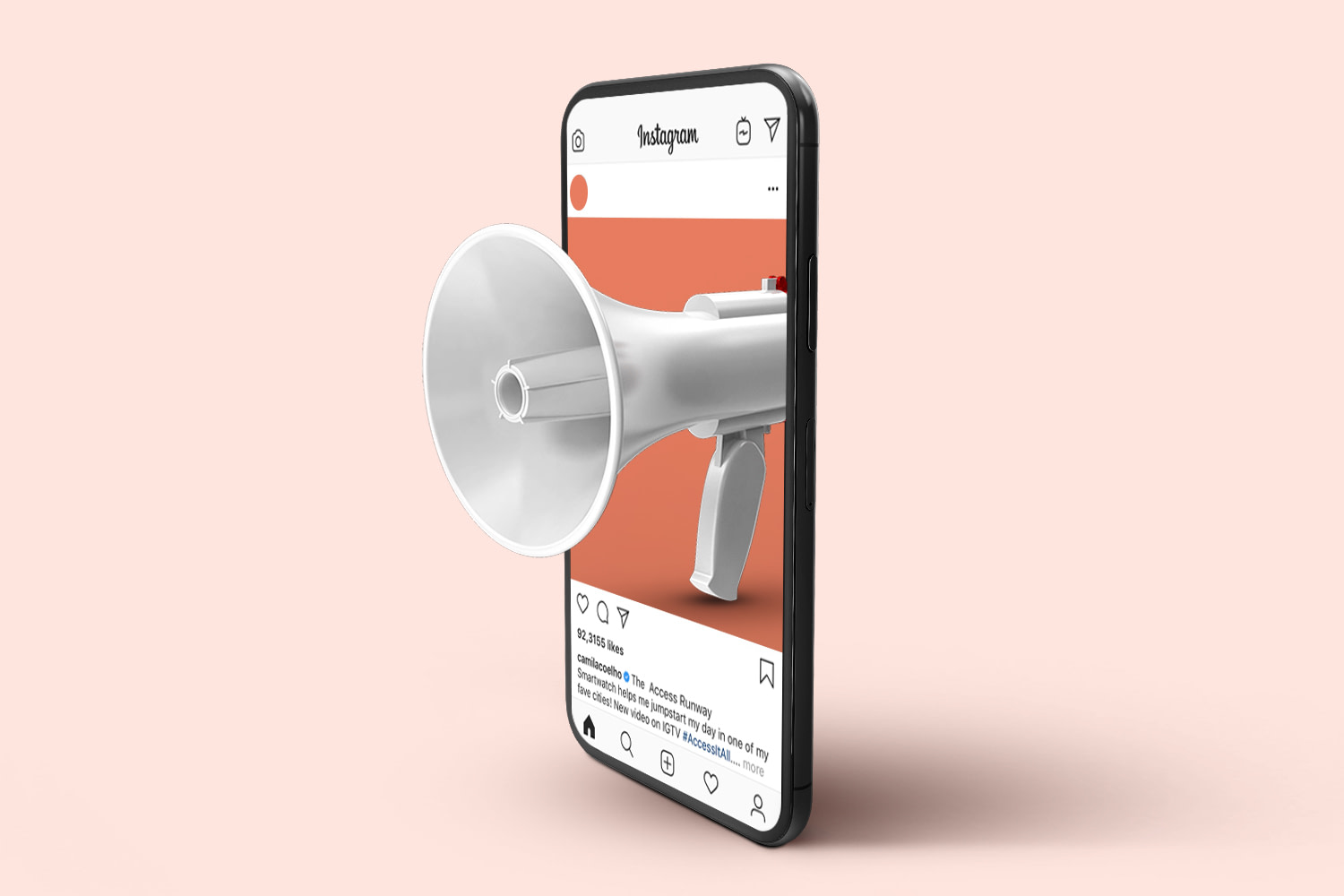Dear Ms. Smartphone: When I long-distance with family in Israel they like to send voice memos instead of text. Mostly they have iPhones and they use a messaging app. It works for me. Why don’t more people here use a voice message instead of text? Len, Palo Alto
Dear Len: ” Paja Escribit”– that means too lazy to write! But you are on to something. The spoken word carries more weight and it expresses emotions and meaning more fully than text.
Your question prompted me to learn more about voice messaging. WeChat introduced it to China circa 2013. It seems to have caught on there because linguistically speaking the Asian alphabets are complex for keyboard entry. In South America, What’s App caught on as messaging was free, but texts were not. It also got established in countries like India where there were multiple languages and regional dialects.
For readers who are not familiar with voice messaging, it’s like text, except that you speak the message. They are also called voice notes or voice memos. Initially, the audio was limited to 15 to 30 seconds, but today it can be as long as 15 minutes. There are different platforms for sending the audio file, that I won’t elaborate on here. The CEO of Viber, a large messaging app, says his platform is popular in the Middle East, as well as South East Asia and Eastern Europe. Most of the users (75%) have Android phones.
Voice Commands Are RISING VOICES
Now that smart devices like the Amazon Echo and Google Alexa use voice commands instead of keyboards, this could become the norm. Voice messaging is praised by senders who enjoy the spontaneity and informal nature. Voice commands provide greater clarity- less ambiguity, more emotion. And, they are superior when you have detailed instructions that are too knotty to explain by text.
And, voice messages simply go deeper. Think of exchanges where distant lovers (or foes) are separated over time or distance. The specific words may not count but their tone and emotion convey everything.
Voice Commanding?
But, there are two sides to an interchange. On the other hand or (ear), it’s often cumbersome to play back voice texts. You have to be mindful where you listen and whether you have headphones on. Otherwise a quiet private message can become loud and public. Another drawback is the recording- words get garbled and sentences run on. Mostly, it’s hard to skim for content, so audio recordings demand a greater time investment. If you shun listening to stored voice mail, you get the idea.
But, that’s my perspective. Three years ago, Facebook’s What’s App boasted more than 1.5 billion monthly users (Q4.2017) so clearly the rest of the world may be on to something that North America and Europe have yet to discover.
On balance, I think that voice messages are about the user (easy to send, fast, fully expressed) while they have some imbalances on the part of the listener.
Still, they do seem like the perfect instrument when you need to convey more meaning than a text, and you don’t have time for a full blown phone call. Perhaps when you just need to say to your family overseas “I love you” and miss you so much.



Leave a Reply
You must be logged in to post a comment.